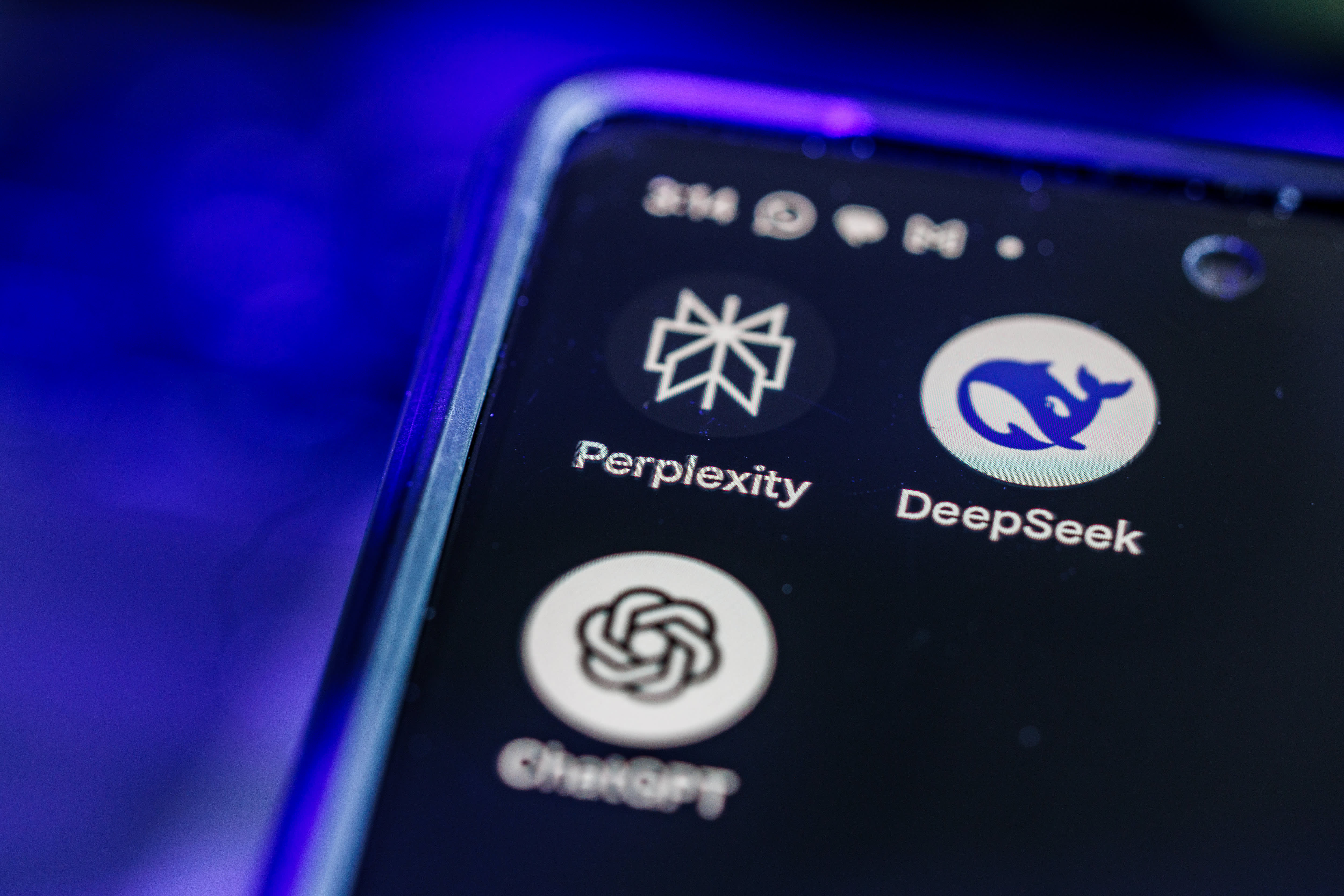
HONG KONG, CHINA – 2025/03/01: In this photo illustration, Artificial intelligence (AI) apps of perplexity, DeepSeek and ChatGPT are seen on a smartphone screen.
Sopa Images | Lightrocket | Getty Images
As companies pour billions into artificial intelligence, HSBC CEO Georges Elhedery on Tuesday warned of a mismatch between investments and revenues.
Speaking at the Global Financial Leaders’ Investment Summit in Hong Kong, Elhedery said the scale of investment poses a conundrum for companies: while the computing power for AI is essential, current revenue profiles may not justify such massive spending.
Morgan Stanley in July estimated that over the next five years, global data center capacity would grow six times, with data centers and their hardware alone costing $3 trillion by the end of 2028.
McKinsey said in a report in April that by 2030, data centers equipped to handle AI processing loads would require $5.2 trillion in capital expenditure to keep up with compute demand, while the capex for those powering traditional IT applications is forecast at $1.5 trillion.
Elhedery said that consumers were not ready to pay for it, and businesses will be cautious as productivity benefits will not materialize in a year or two.
“These are like five year trends, and therefore the ramp up means that we will start seeing real revenue benefits and real readiness to pay for it, probably later than than the expectations of investors,” he said.
William Ford, chairman and CEO of General Atlantic, speaking at the same panel, agreed: “In the long term, you’re going to create a whole new set of industries and applications, and there will be a productivity payoff, but that’s a 10-, 20-year play.”
Big Tech firms Alphabet, Meta, Microsoft and Amazon have all lifted their guidance for capital expenditures and now collectively expect that number to reach more than $380 billion this year.
OpenAI, which set off the AI frenzy with the launch of ChatGPT in November 2022, has announced roughly $1 trillion worth of infrastructure deals with partners including Nvidia, Oracle and Broadcom.
Ford said that the huge expenditure that is going into the sector shows that people recognize the long-term impact of AI. This sector, however, will be capital-intensive initially, and “you need to, sort of, pay up front for the opportunity that’s going to come down the road,” he said.
Ford warned there could be “misallocation of capital, destruction, overvaluation… [and] irrational exuberance” in the initial stages, and also added that it can be difficult to pick winners and losers at the moment.
“You’re really betting on this being a broad based technology, more like railroads or electricity, that had profound impacts over over time, and reshaped the economy, but were very hard to predict exactly how in the first few years.”









